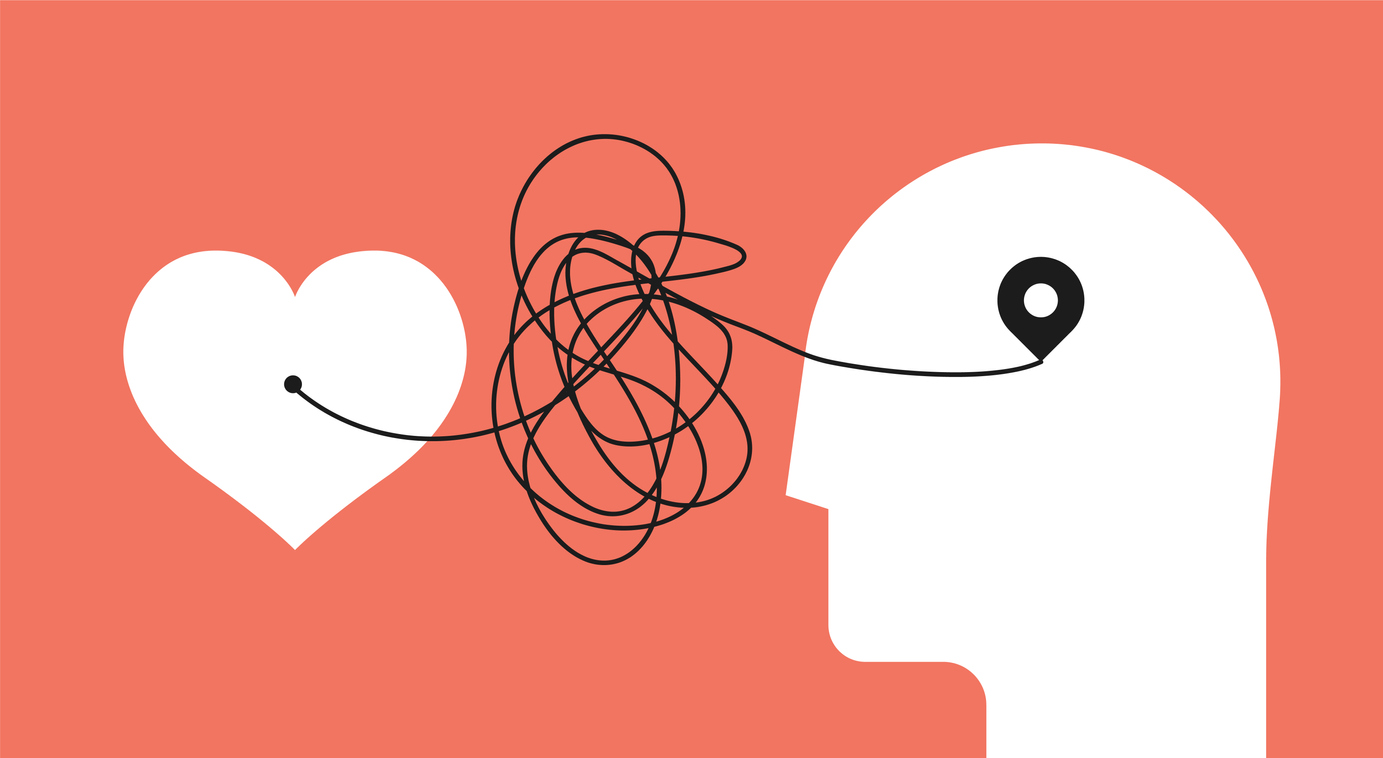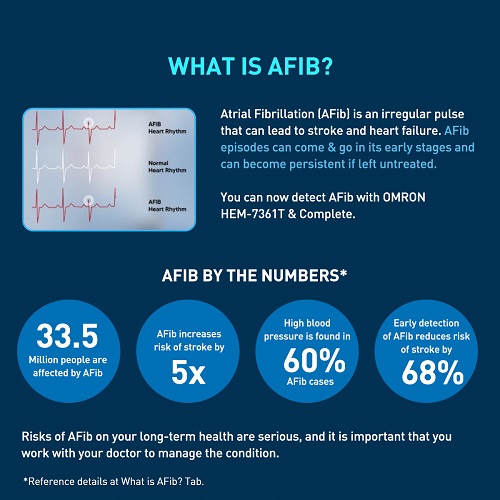Did you know that your mental health can affect your body beyond your psychological health? Research in recent years have found links between the heart and brain, namely in a heart condition known as AFib (Atrial-Fibrillation).

What is the Link between Mental Health and AFIB
AFib has been found to be more common in people aged 65 and over with one or more mental health conditions such as depression, anxiety, cognitive impairment, or poor quality of life. A study found that 60% of people aged 65 and above with AFib had at least one mental health condition and 25% had multiple conditions.
Another study found that of 170 AFib patients surveyed, 35% had high levels of anxiety, 20% with depressed mood and less than 20% of them had developed a silent stroke.
It is noted that AFib can be detrimental to the mental health of patients. A survey of 152 AFIB patients reported poorer mental health status compared to healthy subjects and even patients who had survived heart failure or a heart attack. Mental health among patients is also poorer? leading to higher risk of AFib even after treatment.
How AFib Affects You
AFib or Atrial Fibrillation is a condition that affects 60 million people and increases risk of stroke by 5 times. AFib is the quivering or irregular heartbeat that can lead to clots, stroke, heart failure and other heart-related complications.
AFib can cause symptoms like palpitations, breathlessness, chest pain and light-headedness. AFib also causes an increase in mortality by 2 times and can lead to a 3 times increased heart failure risk. Impacts of pre-existing heart conditions like coronary heart disease are also elevated due to AFib.

AFib can lead to the blood clots that could block blood flow to the brain, thus causing a stroke. Strokes caused by AFib have a higher chance of leading to disability and dementia, in some patients, even both.
Unfortunately, AFib, especially in its early stages, can be difficult to notice as episodes may have no symptoms, can come and go, making it easy to miss and hard to detect in the doctor’s office.
Despite its dangers, AFib is a highly manageable heart disorder with a variety of treatment options available. Such treatments include medications and/or cardiac procedures to control heart rate and rhythm, and healthy lifestyle changes.
How To Detect AFib Early
If you or a loved one have an increased chance of developing AFib or already suffer from AFib, regular home monitoring can aid in early detection and help track the effectiveness of treatment. Being able to monitor your heart at home can pick up possible AFib events for you to bring up to your doctor at your next appointment.

Tips For Managing Mental-Wellbeing
The Singapore Heart Foundation recommends the following to improve mental health:
|
Previous article What is Atrial Fibrillation? |
Next article Why Sleep Deprivation Can Hurt Your Heart |